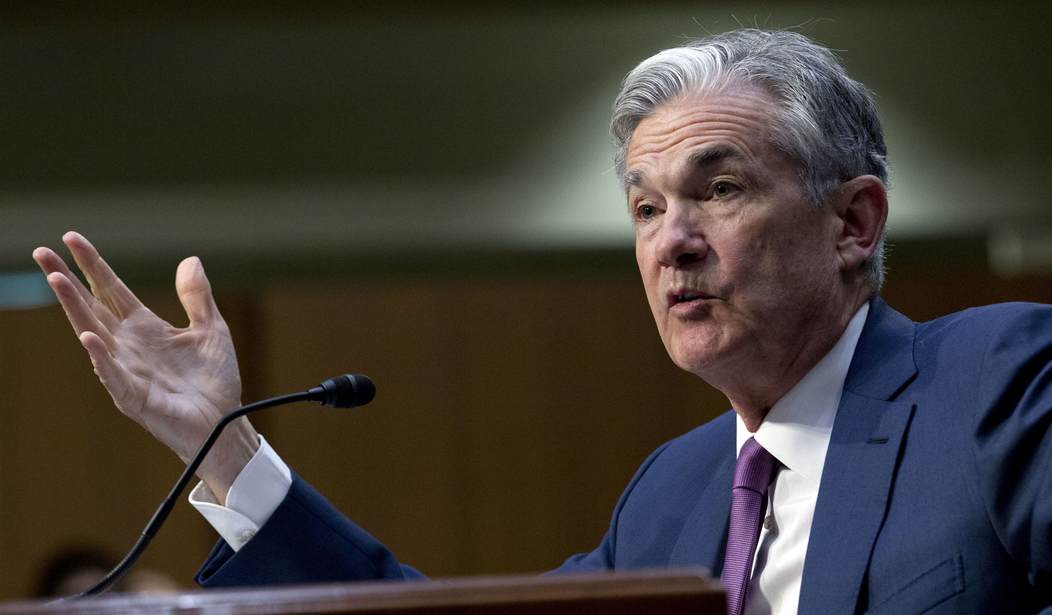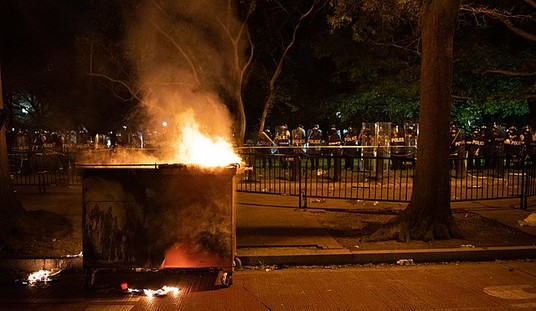My colleague Matt Margolis covered the grim news yesterday that Joe Biden didn’t want to see: a record increase in consumer prices coupled with falling wages. This adds up to the kind of pain that enrages voters and gives them great motivation to go to the polls and vote.
And they’re not going to the polls to vote for the status quo.
In fact, we can expect some Republican members of Congress to get caught up in this wave of voter rage against their falling standard of living. But not many. This crisis falls squarely on the slim, rounded shoulders of Joe Biden, and most voters will vote accordingly.
The immediate cause of their rage is evident in March’s inflation numbers. The Labor Department issued an inflation report for the month that reads like a CPI report from when I was in my 20s.
The Labor Department said Tuesday that the consumer price index – which measures a bevy of goods including gasoline, health care, groceries and rents – rose 8.5% in March from a year ago, the fastest pace since December 1981, when inflation hit 8.9%. Prices jumped 1.2% in the one-month period from February, the largest month-to-month jump since 2005.
Economists expected the index to show that prices surged 8.4% in March from the previous year and 1.2% on a monthly basis.
So-called core prices, which exclude more volatile measurements of food and energy, climbed 6.5% in March from the previous year – up from the 6.4% increase recorded in February. It was the steepest 12-month increase since August 1982.
Inflation is far more dangerous politically than unemployment. While unemployment is tragic, it doesn’t affect everyone. Even bad unemployment will see 90% of people still working.
But as prices rise, workers lose purchasing power, and thus their standard of living falls.
Rising inflation is eating away at strong wage gains that American workers have seen in recent months: Real average hourly earnings decreased 0.8% in March from the previous month, as the 1.2% inflation increase eroded the 0.4% total wage gain, according to the Labor Department. On an annual basis, real earnings fell 2.7% in March.
Perhaps worst of all is that the Federal Reserve is talking about raising interest rates faster and higher than they previously planned. If that comes to pass, the likelihood of a recession looms large.
The biggest question now is whether central bank officials can successfully tame inflation and stabilize prices without triggering an economic recession. Raising the federal funds rate tends to create higher rates on consumers and business loans, which slows the economy by forcing them to cut back on spending.
Chairman Jerome Powell has pushed back against concerns that further tightening by the central bank will trigger a recession and has maintained optimism that the Fed can strike a delicate balance between taming inflation without crushing the economy.
Powell may be correct. Even the planned increases by the Federal Reserve will bring rates in far below their historic average of around 7%. And there’s still plenty of slack in the economy to absorb higher interest rates.
But that doesn’t help in moderating prices in the present situation. Nothing the Fed, Congress, or the president can do will bring down the cost of food and fuel. All that Biden has is the blame game.
And not many people will be fooled by that.










Join the conversation as a VIP Member